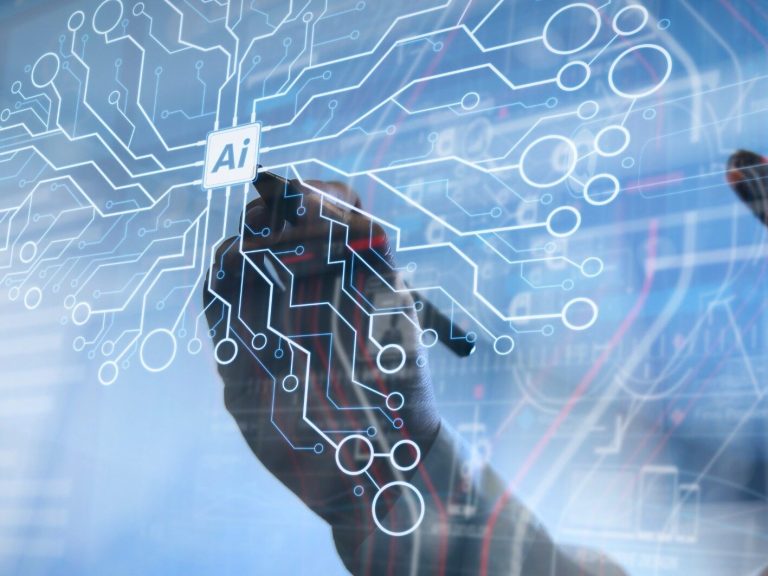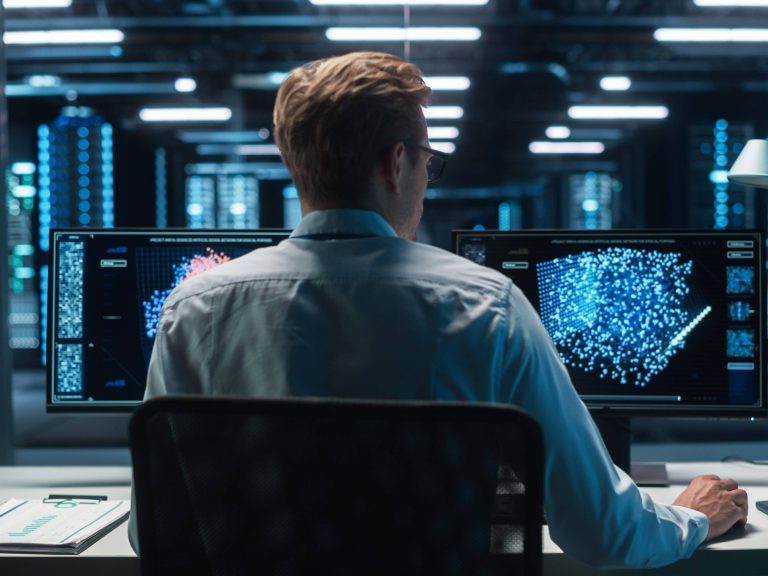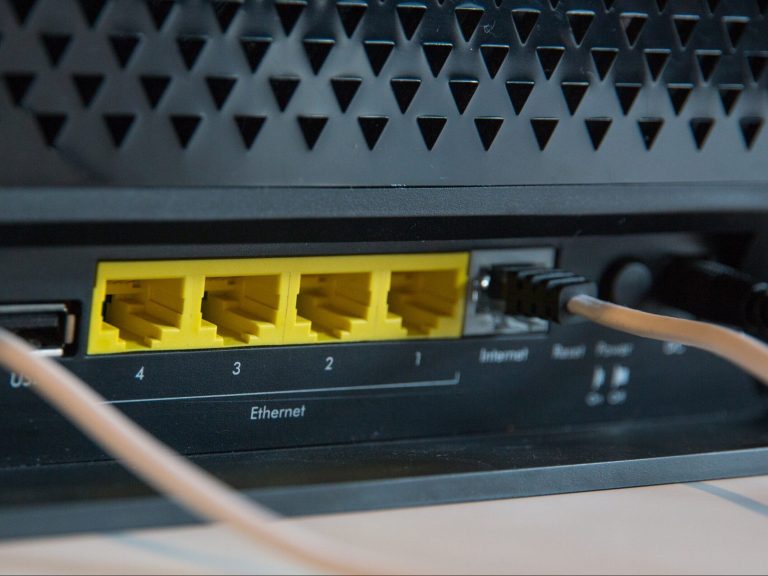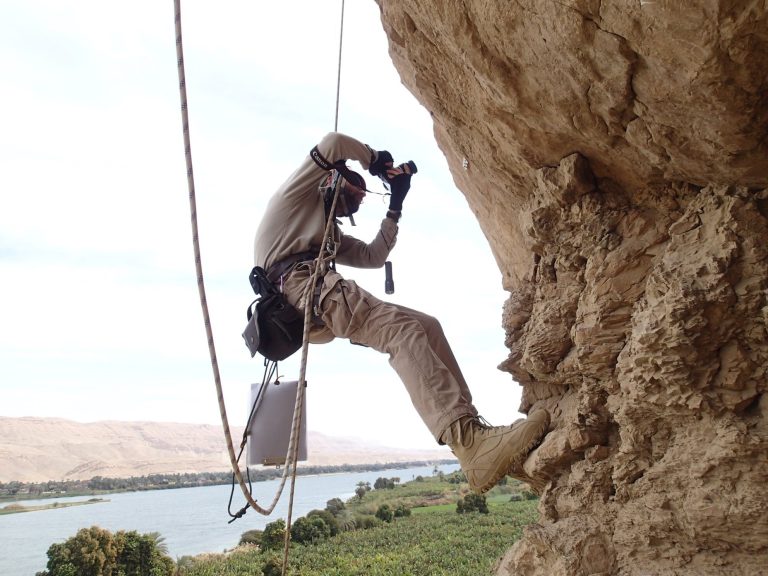The Copernicus Science Center popularizes science throughout the country. “It’s about sharing this passion”

The Copernicus Science Center is an institution that popularizes science in a modern way. Importantly, the activities of the Center are not limited to the building in Warsaw. – In addition to stationary activities, we also conduct extensive activities in the country – says Katarzyna Nowicka from the Copernicus Science Centre.
The Copernicus Science Center has been operating since 2004. The first exhibitions in the newly built headquarters of the institution in Warsaw could be seen in 2010. This place is full of interactive experimental stations where visitors learn more about themselves and the world around them. As part of the “Science is a Polish specialty” series, we visited the Copernicus Science Center to find out how to popularize knowledge among Poles in an interesting but reliable way. And not only the youngest ones.
“The Copernicus Science Center is an idea and an inspiration”
– The Copernicus Science Center is not only a place. It’s an idea, folks. Above all, we try to be an inspiration. Inspire people to look for different kinds of answers in the world on their own. So that they ask questions, that they search, that they are not afraid to test, to use the scientific method, i.e. independent research into the reality around us, says Katarzyna Nowicka, spokeswoman for the Copernicus Science Center in an interview with “Wprost”. – And what is here, i.e. all our exhibits, facilitate this process – he adds.
Indeed, during our visit to the Center we had the opportunity to visit exhibitions located on two floors full of interactive exhibits, or rather experimental stations that allow us to better understand the world around us.
– The first basic thing that people come into contact with when they come to the Copernicus Science Center are our exhibitions. The name refers to the language of the museum, although the exhibits do not resemble what we usually find in museums – says the spokesman of the Copernicus Science Centre. – By coming into contact with the exhibit, in the simplest way – by pressing a button, throwing a ball, turning a crank, we are able to extract, see and understand various phenomena – he adds.
In popularizing science, the most important thing is to show that science is with us. That it is not something that needs to be taken off the shelf, dusted off and popularized. We encounter science every day – says Katarzyna Nowicka from the Copernicus Science Center in an interview with “Wprost”.
“Science is always with us. We are standing here because of gravity. The fact that we are, that we live, is the anatomy, biology, physiological processes that take place in us. Science is not something separate, separate, science is with us everywhere. It is worth noting, because sometimes the obvious goes unnoticed, says the spokesperson of the Copernicus Science Centre. “And although it sometimes seems very complicated, many of these phenomena can be explained in a fairly simple way” – he emphasizes.
In addition to exhibitions, the Copernicus Science Center has a planetarium, two theater stages – a high-voltage theater and a robotic theater, in which electricity and robots are respectively the protagonists. You can also solve construction and logical tasks yourself in Majsternia and conduct experiments in laboratories. Even though we visited the Copernicus Science Center in the morning in the middle of the week, it was full of visitors – mainly children with their parents or guardians, but not only.
– Everything that happens at the Copernicus Science Centre, starting from our exhibitions, through scientific shows and classes in laboratories, or in Majsternia, is created at our place. We have a large multidisciplinary team of various types of creators who want to do this – says the Centre’s spokesperson.
How to effectively popularize science?
However, the activity of the Copernicus Science Center is not limited only to the exhibition and conducting various activities within it.
– We also conduct extensive research and development activities, primarily focused on the development of education, on searching for new teaching methods and on researching the learning process itself – says Katarzyna Nowicka. – Based on this, we create various types of educational aids and lesson plans. By listening to teachers and students, we try to provide materials, suggestions and ideas for new ways of conducting classes. We strive for a Copernican revolution in education, so that the student is at the center of the educational process – he emphasizes.
The Copernicus Revolution Workshop, which opens at the end of March, is also to be used to search for innovations in education. The new building is to be a space for cooperation between researchers, educators, scientists, engineers and experts working for the social involvement of science.
– This will be a place where we will conduct research and development activities, where we will study learning processes and look for new solutions that can be used in education. We will carry out activities from the idea to the finished solution – says the spokesperson of the Copernicus Science Centre.
The workshop will create not only ideas for classes, but also exhibits and educational kits that can be used to popularize science. – We have carpentry shops, workshops, laboratories for designing even complex experiments that can be refined so that they fit into school classes – says Katarzyna Nowicka. – We invite everyone who wants to develop education with us to cooperate: universities, institutes, scientists of various kinds, teachers, but also business and all those who create various activities and products for education – he adds.
The Copernicus Science Center operates not only in Warsaw
The Copernicus Science Center also conducts extensive activities throughout Poland. – In addition to our stationary activities, we also conduct extensive activity in the country, organizing numerous traveling exhibitions, shows, we also run a network of Young Explorer Clubs, the SOWA network. We also operate under the Science for You program and the ESERO program, where we operate regionally and locally.
There are almost 1,000 Young Explorer Clubs in Poland and abroad, coordinated by the Copernicus Science Centre. Clubs are places where children and teenagers experiment under the supervision of their guardians, gaining knowledge and developing competences of the future.
Another initiative implemented by the Copernicus Science Center as part of a subsidy from the Ministry of Education and Science is the SOWA network, i.e. the Discovery, Imagination and Activity Zone. There will be a total of 32 such places throughout Poland.
“These places are a bit like the Copernicus Science Centre, because they consist of small exhibitions and space for independent experimentation and creation, construction, i.e. Majsternia,” says Katarzyna Nowicka. – The opening of OWL is the beginning of cooperation with cultural institutions to which we provide the exhibition and Majsternia, we share the formats of classes and activities that can be conducted in OWL – he adds.
Collaboration also works across networks. – KMO clubs can visit SOWA facilities, they can organize joint science festivals and various activities there. And the OWL facilities can open new Young Explorer Clubs around them – we hear from the spokeswoman of the Copernicus Science Centre.
The point is to share this passion, so that this research method, a way of exploring the world through independent experimentation, works not only in our building, but everywhere where it is possible – underlines.






